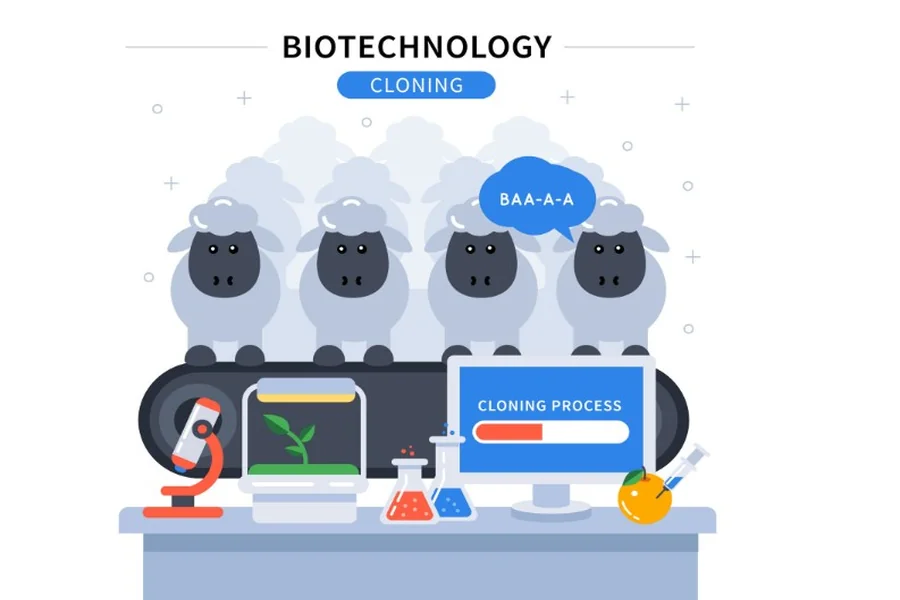Can Biological Aging Be Reversed? Exploring Science and Possibilities

The quest to turn back the biological clock has captivated scientists and researchers for decades, moving from the realm of science fiction into legitimate scientific inquiry. As our understanding of cellular mechanisms deepens, the question is no longer whether aging can be influenced, but rather how effectively we can slow, halt, or even reverse the biological processes that drive aging.
The Current State of Aging Research
Recent breakthroughs in longevity science have demonstrated remarkable progress in understanding and potentially reversing biological aging. Northwestern Medicine has launched the Human Longevity Laboratory, a longitudinal, cross-sectional study that will investigate the relationship between chronological age and biological age and validate interventions that may reverse or slow down the processes of aging. This represents a significant shift toward evidence-based approaches to age reversal research.
The field has gained considerable momentum, with researchers making progress in understanding the biology of aging and learning ways it might be slowed down or even reversed. However, it’s important to note that there are no supplements or clinically approved drugs with a proven capacity to mitigate or reverse aging-related damage in humans at present, highlighting the gap between promising laboratory results and practical human applications.
Breakthrough Technologies in Age Reversal
Cellular Reprogramming and Epigenetic Restoration
One of the most promising avenues in aging research involves cellular reprogramming techniques. Scientists have successfully demonstrated age reversal in laboratory animals using specific transcription factors. In the 2024 published study showing age reversal, improved health, and longer remaining lifespans, only OSK transcription factors were used on an intermittent (one week on, one week off) basis.
However, the scientific community remains cautious about overstating these achievements. Scientists not involved in the work say suggestions of age reversal are premature, noting that these studies use reprogramming factors to reverse epigenetic changes that happen during aging, which represents just one aspect of the complex aging process.
NAD+ Enhancement and Metabolic Intervention
A particularly promising area of research focuses on NAD+ (nicotinamide adenine dinucleotide) enhancement, a cellular coenzyme critical for energy production and DNA repair. Research has shown that by middle age, our NAD+ levels have plummeted to half that of our youth, and numerous studies have demonstrated that boosting NAD+ levels increases insulin sensitivity, reverses mitochondrial dysfunction, and extends lifespan.
Nicotinamide mononucleotide (NMN), a precursor to NAD+, has emerged as a leading supplement in this category. For those looking to explore these cutting-edge interventions, many researchers and health enthusiasts now buy NMN online from reputable sources to support their longevity protocols. Clinical trials have shown impressive results, with one study demonstrating that at day 60, the NAD+/NADH levels were increased by 38% compared to baseline, against a mere 14.3% in the placebo group.
Clinical Evidence and Human Trials
The transition from animal studies to human applications has yielded encouraging preliminary results. Human trials in 2024 indicate reduced frailty and improved organ function, suggesting that age reversal interventions may be translating effectively to human physiology.
Specific interventions have shown measurable improvements in age-related biomarkers. For instance, NMN was calculated to reverse blood vessel aging by two years in middle-aged adults with metabolic challenges. Additionally, NMN supplementation over eight weeks diminished skin auto fluorescence, a marker for AGEs and reduced skin health, demonstrating visible improvements in aging biomarkers.
Recent research has also explored more accessible interventions, with Japanese researchers finding that vitamin C can thicken skin by switching on genes that boost skin cell growth, helping reverse age-related thinning, showing that some anti-aging benefits may be achievable through more conventional nutritional approaches.
The Role of Artificial Intelligence
Artificial intelligence has emerged as a powerful accelerator in aging research. AI is accelerating the identification of anti-aging compounds, with DeepMind’s AlphaFold predicting protein structures to develop precision drugs and Insilico Medicine using AI to design molecules that extend lifespan. This technological convergence promises to dramatically speed up the discovery and development of effective anti-aging interventions.
Challenges and Realistic Expectations
Despite the promising advances, significant challenges remain in translating laboratory successes to human applications. The complexity of human aging involves multiple interconnected biological systems, making comprehensive age reversal far more challenging than addressing individual aging markers.
While animal studies have found supplements reversed many age-related health effects, the evidence in humans is still limited, with early studies suggesting NMN supplements at doses of up to 1,200 mg per day may provide health benefits related to insulin sensitivity and aerobic function.
The Future of Age Reversal
The convergence of multiple scientific disciplines—from molecular biology and genetics to artificial intelligence and biotechnology—is creating unprecedented opportunities for age reversal research. Rapamycin has garnered renewed attention for its potential to reverse the aging process by targeting cellular signaling associated with physiological changes and diseases in older adults, with other directions including mimicking the anti-aging effects of caloric restriction shown in mice.
While true age reversal in humans remains a goal rather than a current reality, the rapid pace of scientific advancement suggests that meaningful interventions to slow and potentially reverse aspects of biological aging may become available within the coming decades. The key lies in continued rigorous research, careful clinical validation, and realistic expectations about what current science can achieve versus what future breakthroughs may make possible.
As research continues to evolve, the dream of reversing biological aging transitions from fantasy toward an achievable scientific objective, offering hope for healthier, longer lives for future generations.
